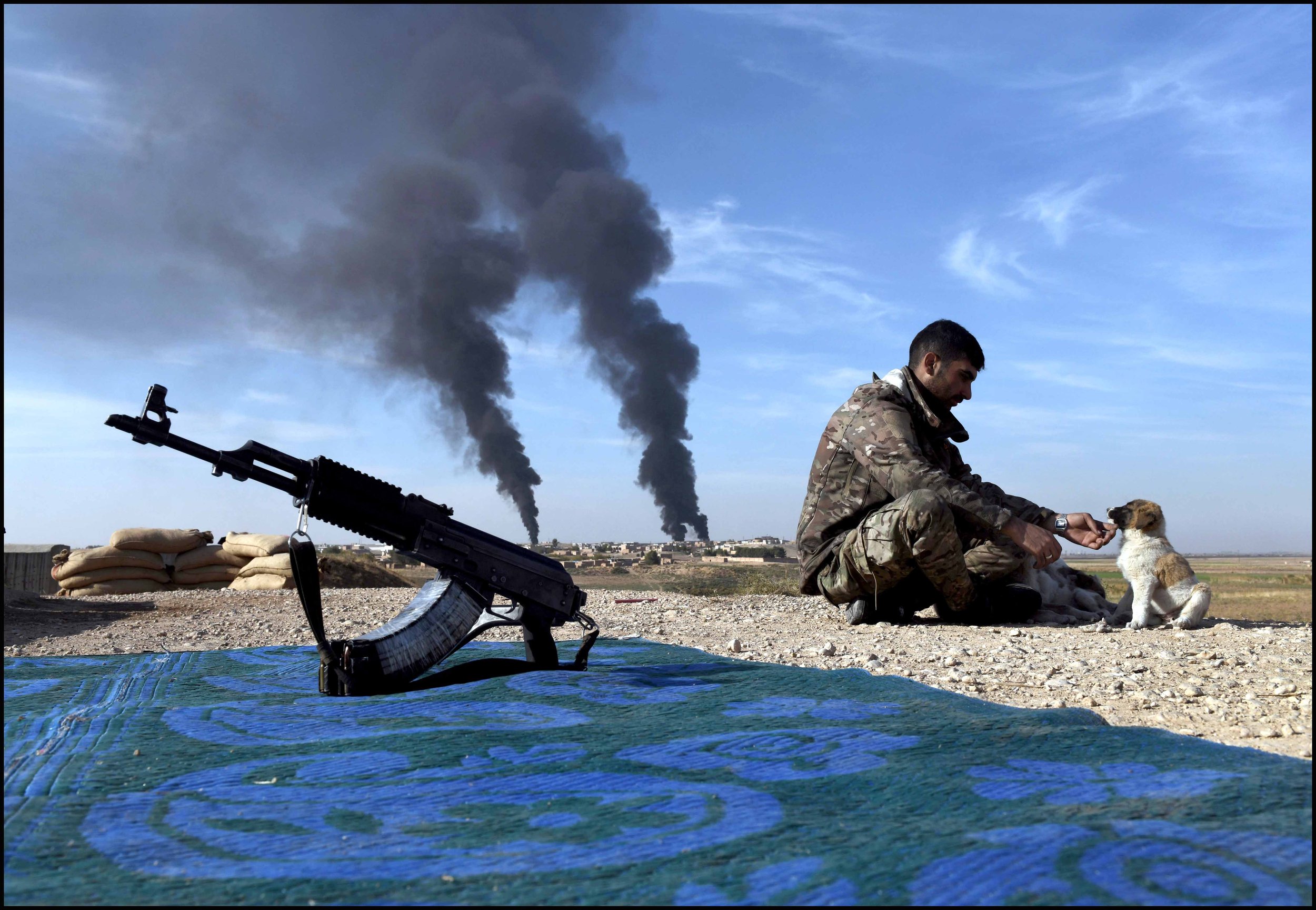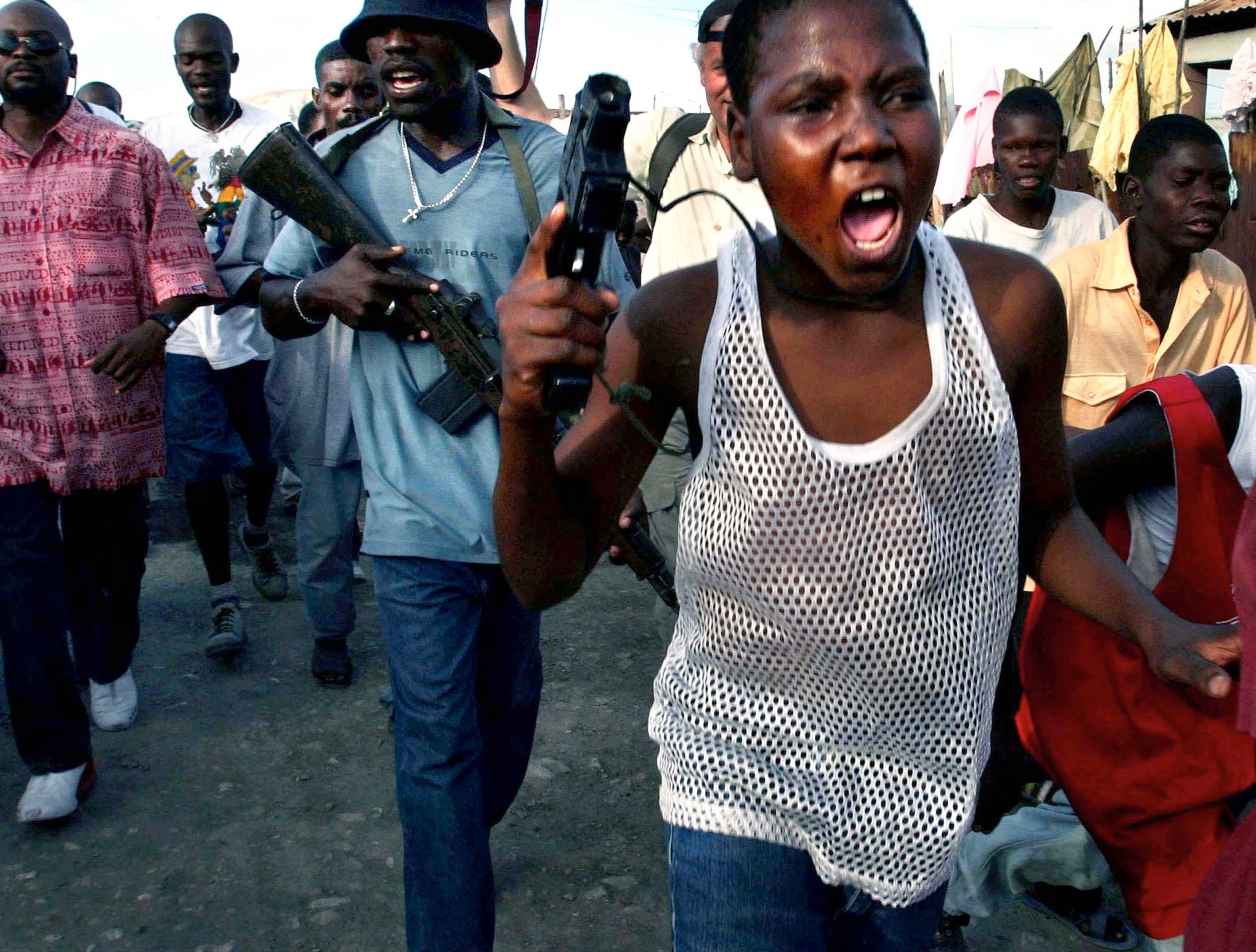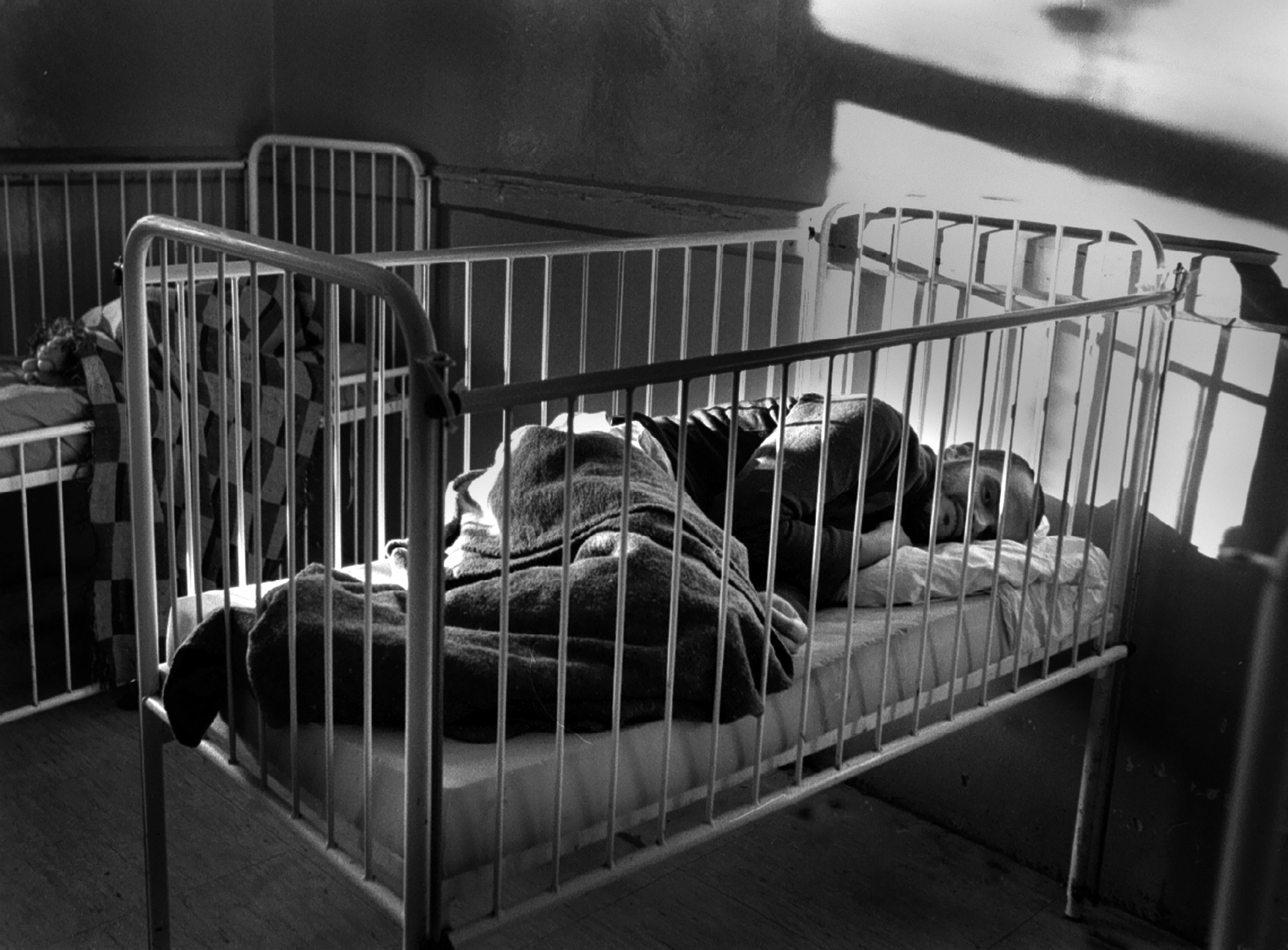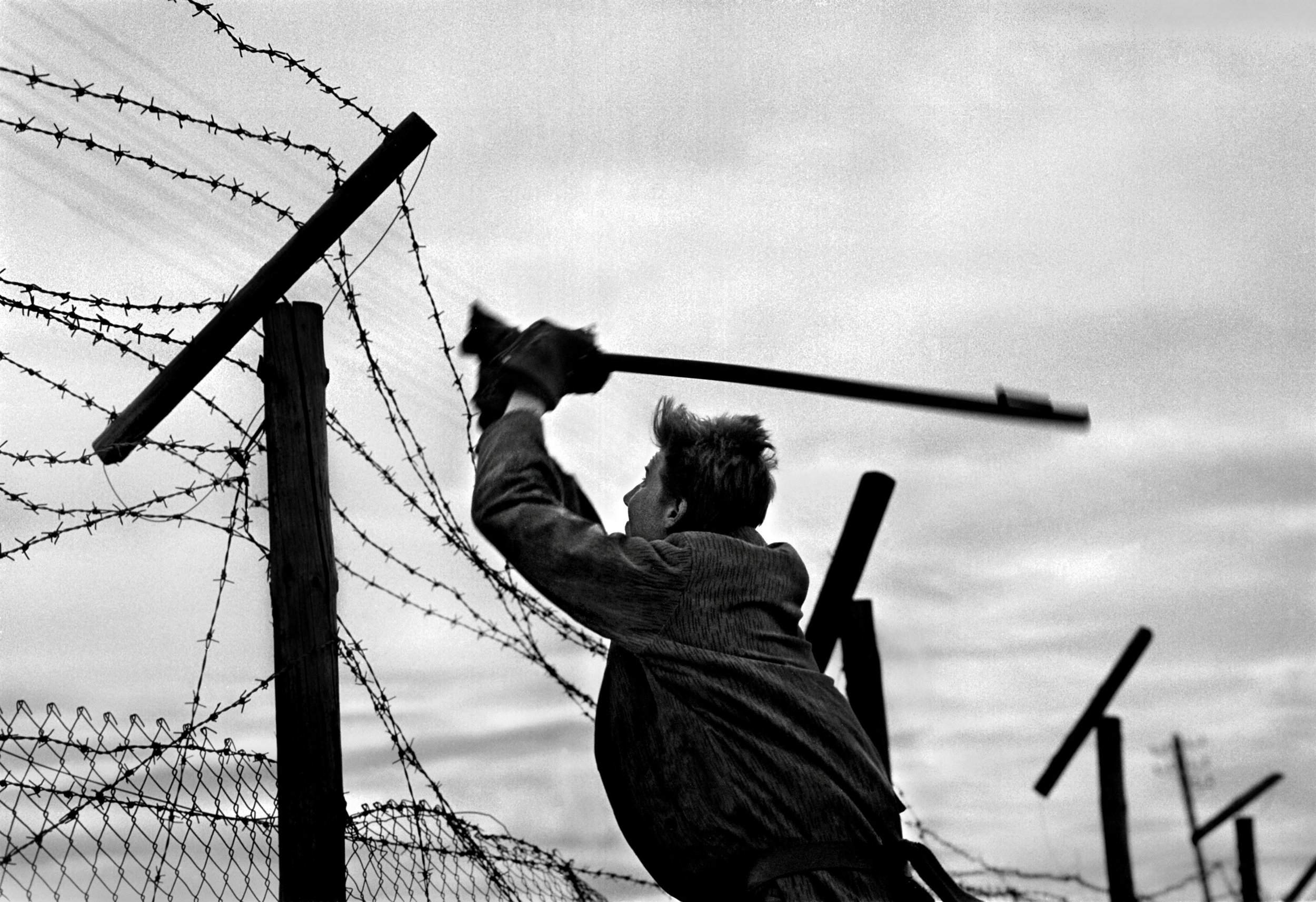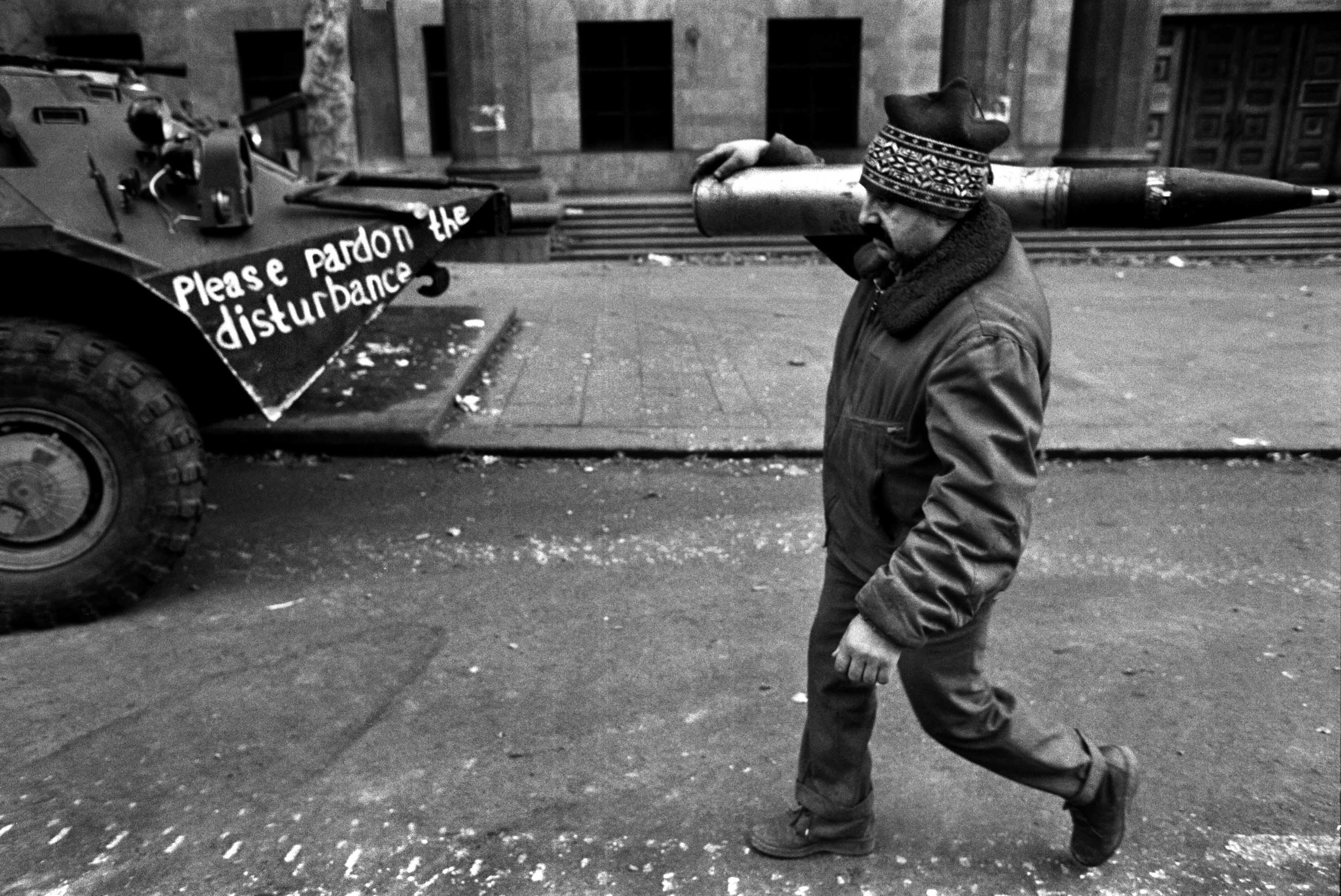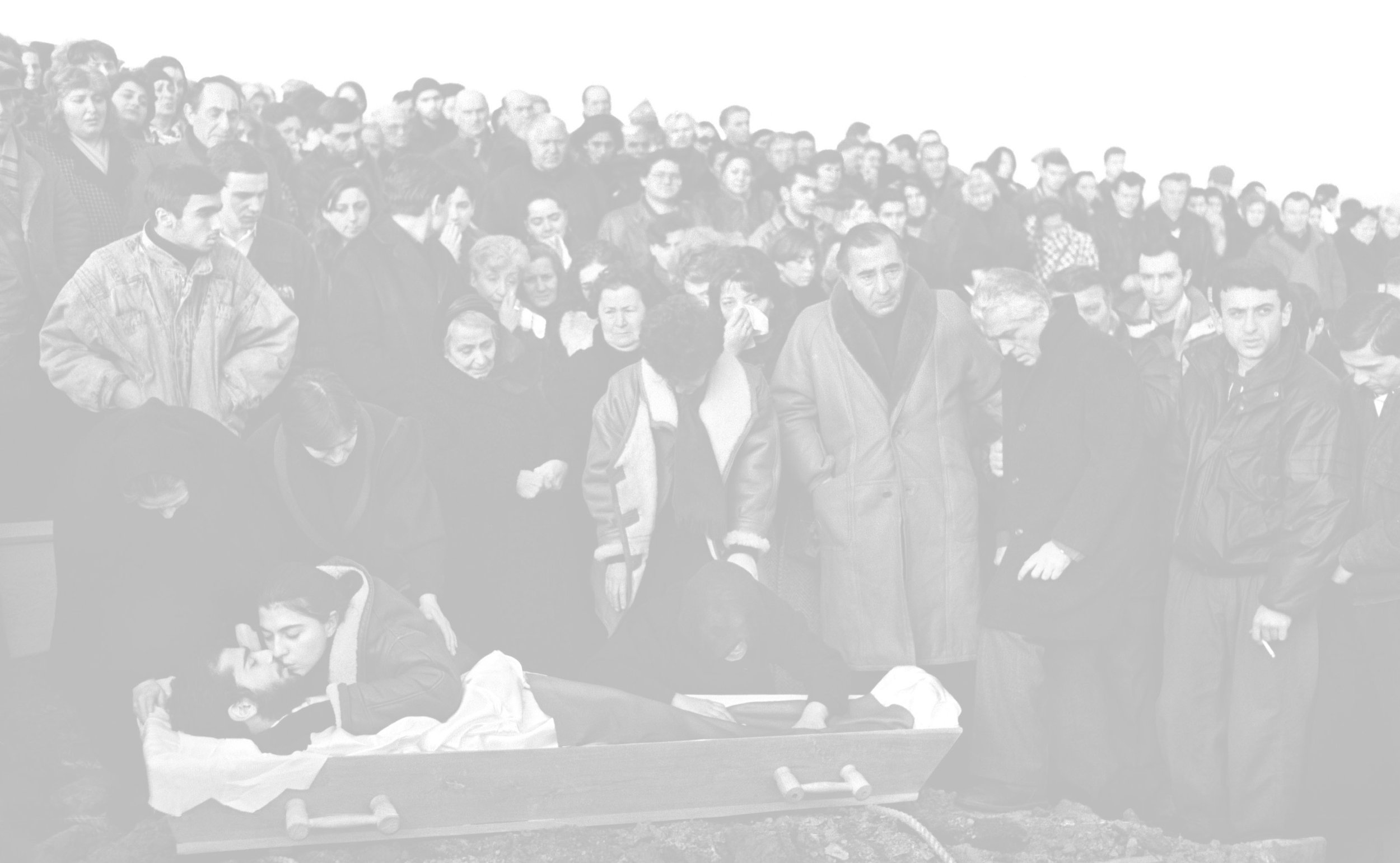
The Photojournalism Archive Project
Building Bridges to Empathy
The Photojournalism Archive Project aims to preserve and curate the work of photojournalists whose images are at risk of being lost to history amid the rapid decline of the newspaper industry and the constraints imposed on their ability to preserve their work.
The project will create an online, digital-only archive dedicated to preserving the best photojournalism visual stories in a curated catalog that will be open-access and publicly available. Making these pieces of history public will provide valuable insight into life and time that might otherwise be forgotten.
Images convey much more than words, providing readers with a vivid and immersive experience that can help better communicate critical information more effectively. The photojournalist whose photos enhanced newspapers and other publications provided a vital pictorial history of local events.
When newspapers first began digitalizing their content and making it available online, a fateful decision was made to save storage space by not archiving photographs. The short-term savings in cost and storage capacity set a course that is marginalizing photojournalism and creating a lopsided historical record.
At the same time the dramatic decline of the newspaper industry has cut deeply into the pool of working professional photojournalists. According to the report on The State of Local News for 2022, newspapers are continuing to vanish at a rapid rate. An average of more than two a week are disappearing. Since 2005, the country has lost more than a fourth of its newspapers (2,500) and is on track to lose a third by 2025.
The goal of The Photojournalism Archive is to begin addressing this gaping hole in the digital historic record and work cooperatively with the publications to preserve the work of staff photographers and share it with the public. The archive will allow photojournalists to curate their best stories, those that give voice through their powerful images to the marginalized, downtrodden, and those suffering through the most difficult times of their lives. The stories will be fully accessible to the public to study, and better understand a threatened profession.
Syria, 2019
“Carol Guzy, is a rare combination of vulnerability and incredible inner strength. Not only is Carol the best woman photojournalist of all time, but one of the best journalists period. You should see her work in the field. She’s relentless, yet is also the antithesis of a bull in a china shop.”
- Award-winning Photojournalist YUNGHI KIM
TRAILBLAZER
The Photojournalism Archive Project was born out of a desire to preserve the work of Carol Guzy. Her record of the human experience during her unparalleled, 40-year career has earned her four Pulitzer Prizes for her images, more than any other photographer – man or woman.
Former The Washington Post Publisher Don Graham recognized the need to preserve Carol’s work and find a way to share it with the public. His generosity catapulted a dream into a viable project. However, Carol decided that any efforts to preserve her work should also benefit her peers, so the Photojournalism Archive Project was born and a nonprofit established.
“It’s never exactly the same as walking in another’s shoes. Photojournalists are chameleons by nature. We inhabit someone’s skin intimately enough to tell their story yet remain an impartial spectator of their world. It’s a delicate balance in which the lens can be a shield from your personal feelings, but only a temporary respite.
“It’s haunting to voyage into so many different souls. Sometimes ours are the only ears that hear the silent screams of the suffering. Trying to translate what you experience becomes a formidable task. It’s damaging to repress those feelings and move from one story to another because they will come back to haunt you.
My heart’s been broken probably 10,000 times harder than the average person in many, many ways.”
- CAROL GUZY
THE NEED TO PRESERVE THE WORK
When newspapers first began digitalizing their content and making it available online, a fateful decision was made to save storage space by not archiving photographs online. The short-term savings in cost and storage capacity set a course that is marginalizing photojournalism and creating a lopsided historical record.
At the same time the dramatic decline of the newspaper industry has cut deeply into the pool of working professional photojournalists.
According to the University of North Carolina’s School of Media and Journalism, between 2004 and 2019, one in five US newspapers folded, which included 60 daily newspapers and 1,700 weeklies, cutting in half the number of journalists working for newspapers during the same time period.
Furthermore, the American Society of News Editors found that between 2010 and 2012 photographers, artists and videographers were three times more likely to lose their jobs than reporters and writers.
Lost along with the jobs are the images that bear witness to history. The photographic collections of failed publications are either destroyed, swallowed up by corporations with no regard for their preservation or sold-off piecemeal to commercial archives.
For the publications that survive, including the biggest names in the industry, there has been no commitment to creating digital archives of their photo collections or curating the work of their best photographers. Further complicating the issues is the fact that most publications hold the copyright to the work of their staff photographers.
Our goal is to begin addressing this gaping hole in the historic record and work cooperatively with the publications to create a digital archive.
Donations Will Support:
Archivist’s salary
Scanning negatives
Digital preservation
Developing digital archive/viewing platform
Legal fees & appraisal
Support the Archive
The Photojournalism Archive Project is a nonprofit incorporated in Washington DC. Contributions from individual donors for the charitable purposes of the project must be made payable to “Photojournalism Archive Project” and are tax-deductible to the extent permitted by law.
To donate please email Randa Cardwell at guzyarchive@gmail.com.
For questions about
The Carol Guzy Archive Project please contact:
Randa Cardwell
Archivist and Project Manager
at
guzyarchive@gmail.com
